Dive into the heart of a fulgurating success story! By choosing Singapore, as the start, its expansion into the APAC region, Uptale laid the foundations for an explosive growth in November 2022. This strategic decision propelled the company to nearly 1 million euros by the end of 2024. The support offered by Singapore played a crucial role in this remarkable ascent. Discover in this article how Uptale seized the opportunities offered by this warm and dynamic metropolis to become a thriving subsidiary.
Uptale's APAC debut
Uptale, founded in 2017 by four technology enthusiasts, has experienced rapid development since its inception in its Parisian offices. When the time came to consider global expansion, Uptale could rely on the support of Théo SOURIS, Director of International Sales, to build this new entity. The choice of the Asia-Pacific region was obvious, given that the majority of virtual reality headset manufacturers come from China. Additionally, English is widely spoken in the region, thus facilitating international exchanges. As for Singapore itself, the strategic choice of this city was indisputable according to Aurélie Truchet, co-founder and CCO of Uptale.
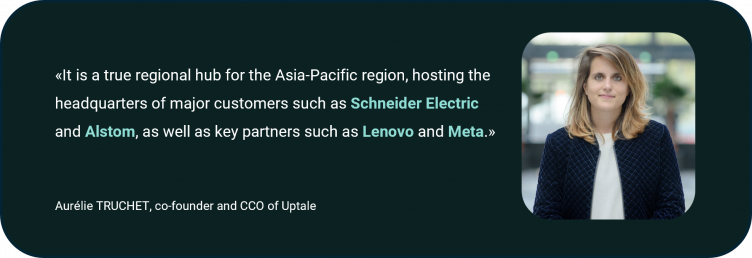
Uptale then went on to meet industry and education players by taking part in a dozen trade shows in Asia and Australia, including events such as “EDUtech”, “ITAP”, “AWE”, “Workplace Health and Safety Show” and “World Mining Congress”.
Uptale has also benefited from the support of its partners already established in APAC, such as Meta, Lenovo and Accenture, whose partnerships have played an important role in introducing the immersive solution to companies such as Micron, Synapxe and the Tan Tock Seng Hospital. Finally, Uptale has sought to successfully apply the strategies proven with its French customers to its local clientele, adjusting its skills to meet the needs of the booming Asian market.
Like France and the USA, Singapore stands out for its dynamism in the field of new technologies and innovation. Market forecasts confirm this: between 2021 and 2026, Virtual Reality will experience compound annual growth of 32.3%, according to a recent study by MarketsandMarkets. This appetite for new technologies in the APAC bears testament to its immense for rapid growth.
From France to Asia-Pacific, a bold expansion
When Uptale entered the Asian market, one of the first challenges was to launch the first VR projects and forge solid partnerships. Singaporean universities, at the forefront of technological innovation, proved to be among the earliest adopters of Uptale’s platform. Among them, Nanyang Technological University (NTU) and the National University of Singapore (NUS) quickly adopted the solutions offered by the French company.

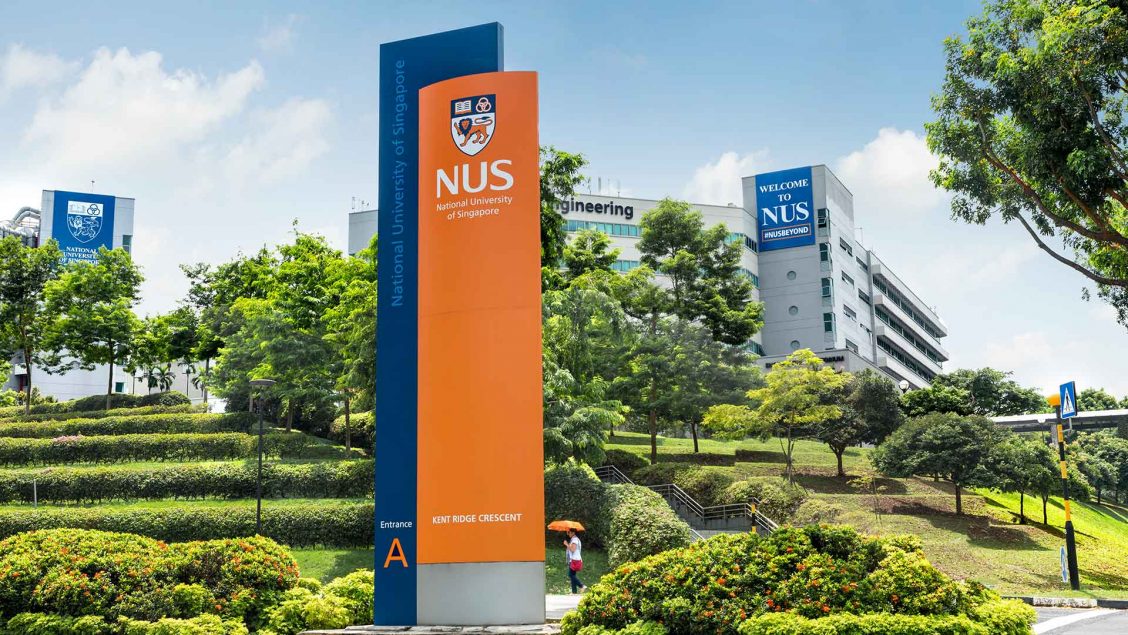
Geographical expansion has been a crucial step in Uptale’s development in Asia-Pacific. Through strategic partnerships with companies such as Lenovo and Meta, Uptale has succeeded in attracting high-profile customers, particularly in the semiconductor, healthcare and aviation sectors. Among them, Micron, a world leader in semiconductors, Synapxe, an innovative software company, Tan Tock Seng Hospital, a renowned medical institution, and Scoot, a low-cost airline belonging to the Singapore Airlines group, have chosen Uptale to meet their training and performance monitoring needs.
Uptale has been able to adapt to the expectations of the Singaporean market, which differs significantly from the French market. As Aurélie explains, “They have an appetite for autonomy and self-creation right from the start”. By understanding local needs in Asia-Pacific, Uptale has adapted its approach by offering intensive support right from the start of the start-up process. Unlike the model in France, where Uptale created the first module followed by customer training, in Asia-Pacific local customers were encouraged to create their own first module. After 6 months, several customers who were nearing the end of their pilot decided to continue their deployment through dozens of autonomous creators per experience.
These adaptations paid off, enabling Uptale to successfully expand beyond Malaysia. Today, Uptale’s presence extends from Hong Kong to Australia, counting among its customers institutions such as Curtin University, Marymede Catholic College, and Toyota in Australia, as well as several hospitals and Hong Kong International Airport. This testifies to its commitment and success in the region. With around 25 customers for some 30 licenses, “This is a commercial victory”, says Thomas ESCHBACH, Sales Director at Uptale. The company is establishing itself as a major player in the Asian virtual reality market. This impressive growth reflects the region’s dynamic culture of innovation and maturity.
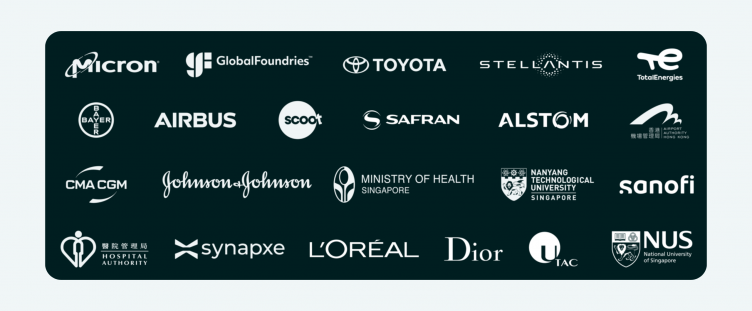
The launch of Uptale’s Singapore subsidiary was quickly challenged by the arrival of Covid, delaying the start-up of the first projects. According to Dwayne ISERIEF, co-founder and COO of Uptale, commercial strategies and the first significant transactions took a long time to bear fruit, around 6 to 9 months, adding that the process was longer and more complex than expected, not least because of the administrative procedures involved.
The Singaporean team was formed gradually in response to the increasing demand and development of Uptale APAC. Today, the local office comprises two Sales Representatives and one Customer Success Manager. “On this point, we are going to become much more professional. It’s a really important step that shows we’ve succeeded; we’re now capable of beginning to specialize,” adds Thomas ESCHBACH.
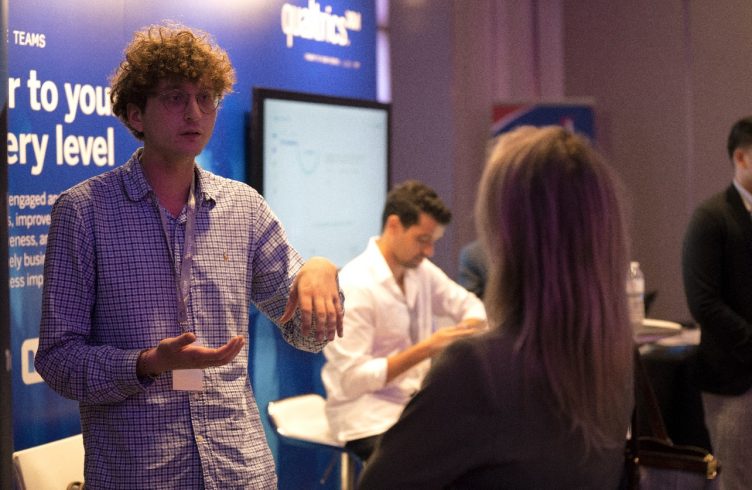
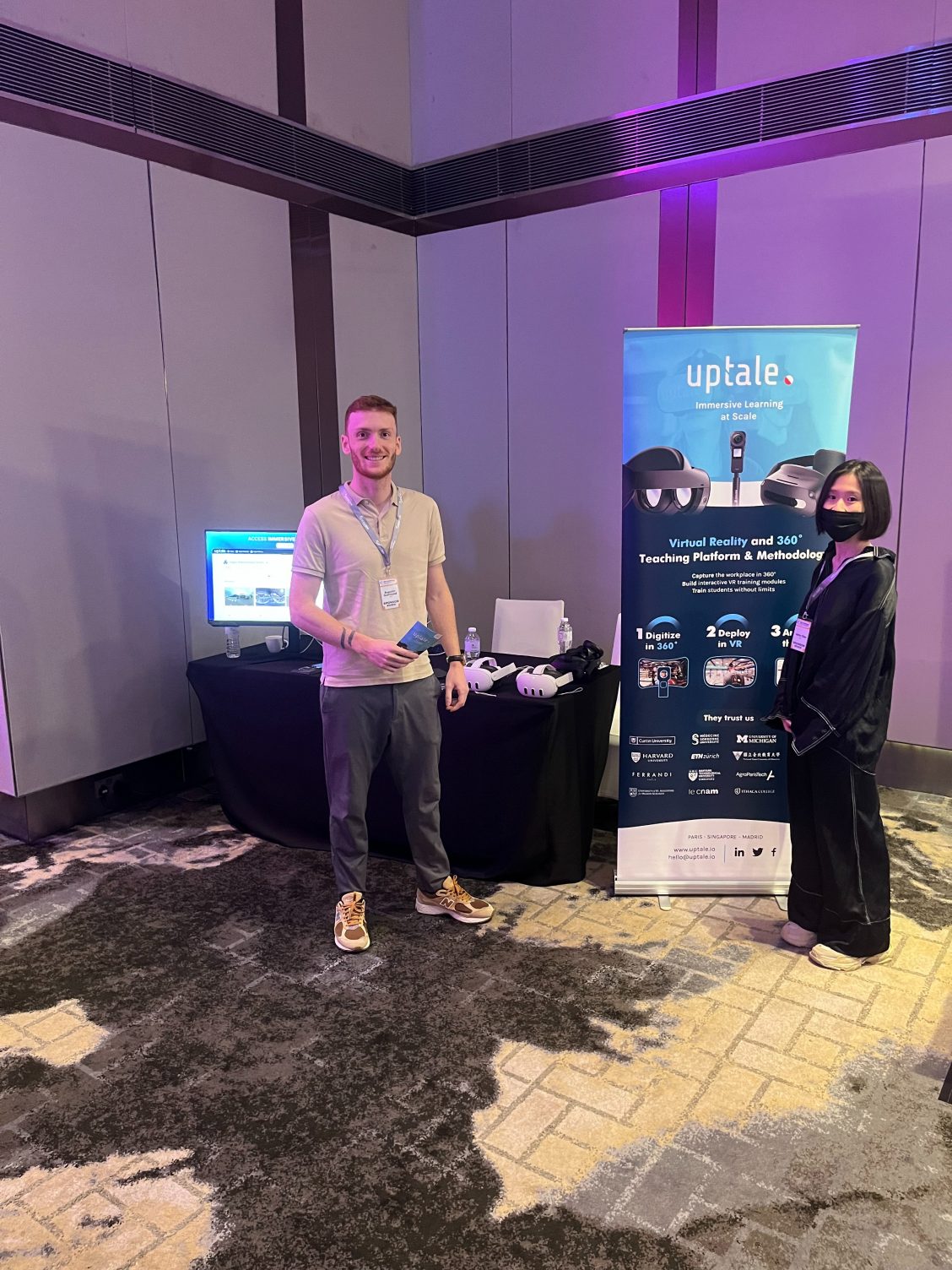
The Team's Roadshow in Singapore
At the end of November 2023, some members of the French team flew to Singapore for a week. The primary aim of this business trip was to meet local customers and prospects, and to elevate the company’s credibility, especially among those who were familiar with only two team members, Nicolas and Martin:
“It was important to show that Uptale is not just an agency, but a structured company with high-level management capable of moving around. What stands out is the potential and maturity of the virtual reality experience on the part of our customers,” explains Thomas ESCHBACH.
Team members noted a strong relationship between customers and Uptale. “Most of the opportunities were on the verge of becoming reality”, says Aurélie TRUCHET. Singapore offers the advantage of proximity to production centers, decision-making centers and partners. A total of 37 meetings were scheduled during the week, with 100% of projects successfully completed. The operation was so successful that Uptale plans to repeat the format in France.
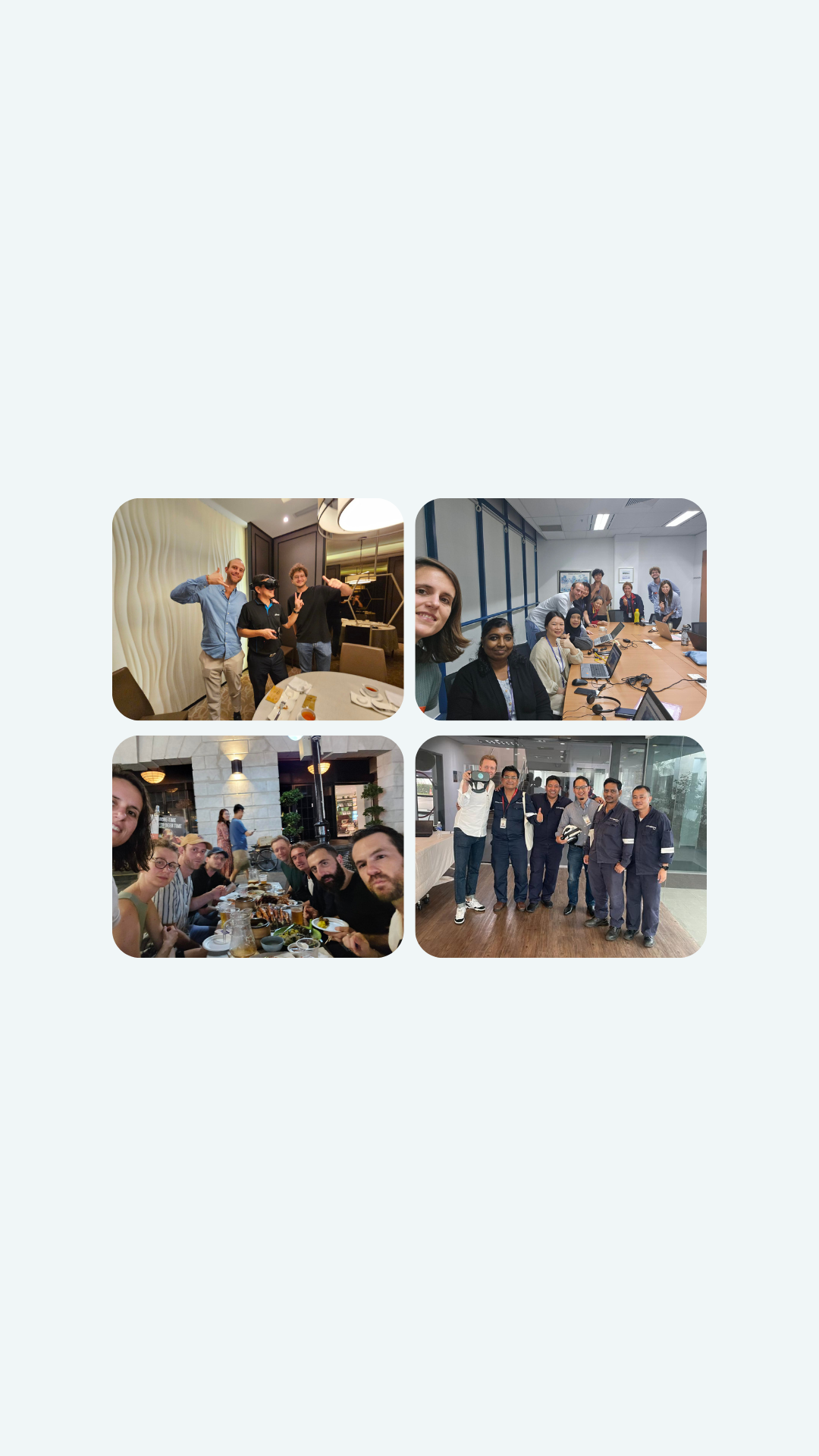
International perspectives: the viewpoint of Uptale's International Sales Director
To conclude this success story, let’s hear from Théo SOURIS: “Opening an office in Singapore was a real challenge due to the market and cultural differences from ours, and with clients facing distinct training challenges compared to those in Europe. It’s a true victory today; with growing figures and team, we have proven that it was a bet we succeeded in. Our goal for the future is to strengthen the team, establish ourselves in additional industries and sectors, and eventually open new markets. Currently, we are concentrated on Singapore, Australia and Hong Kong, but we are also considering other localization such as Japan and South Korea, which could be relevant in the coming months or years.“

Through a bold strategy of international expansion, Uptale has conquered a dynamic market by adapting to local specificities and establishing solid partnerships. Its success is the result of a personalized approach and the ability to seize growth opportunities. Despite the challenges, Uptale has maintained its vision and determination, enabling it to become a recognized player in virtual reality in Asia. With an expanding team and promising prospects, Uptale plans to consolidate its position in new markets, confirming its status as a leader in the emerging technology sector.
Uptale, created in 2017, is an innovative platform that enables teachers and trainers to create and share interactive 360° immersive experiences. Their mission is to make learning more engaging and accessible using VR technology.
The scale-up employs over 40 people and is self-financed.
To find out more, please contact us:

